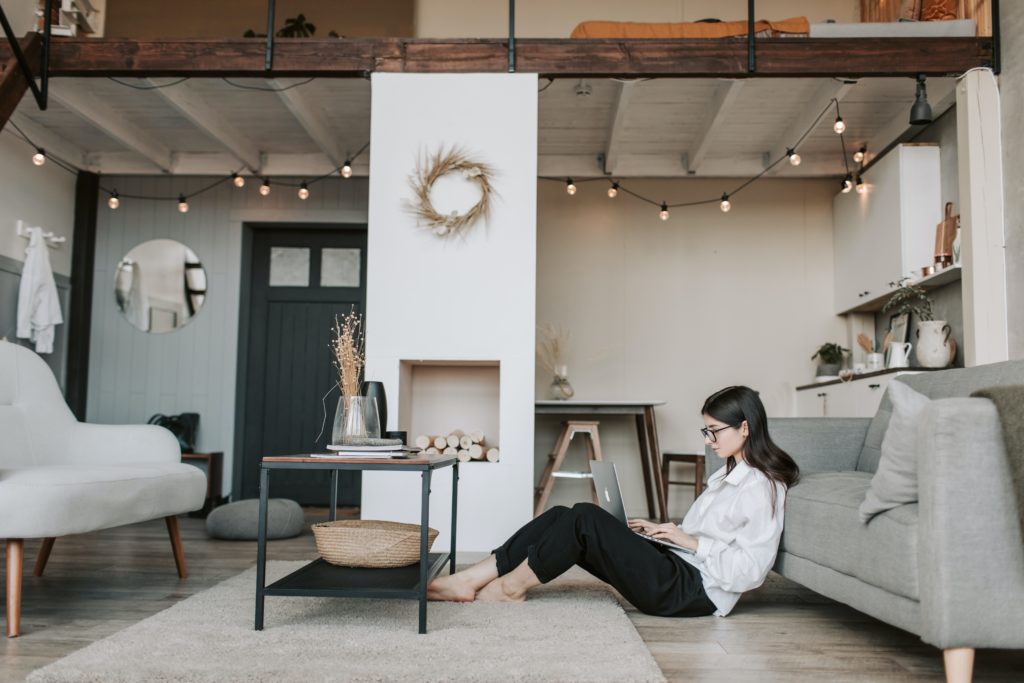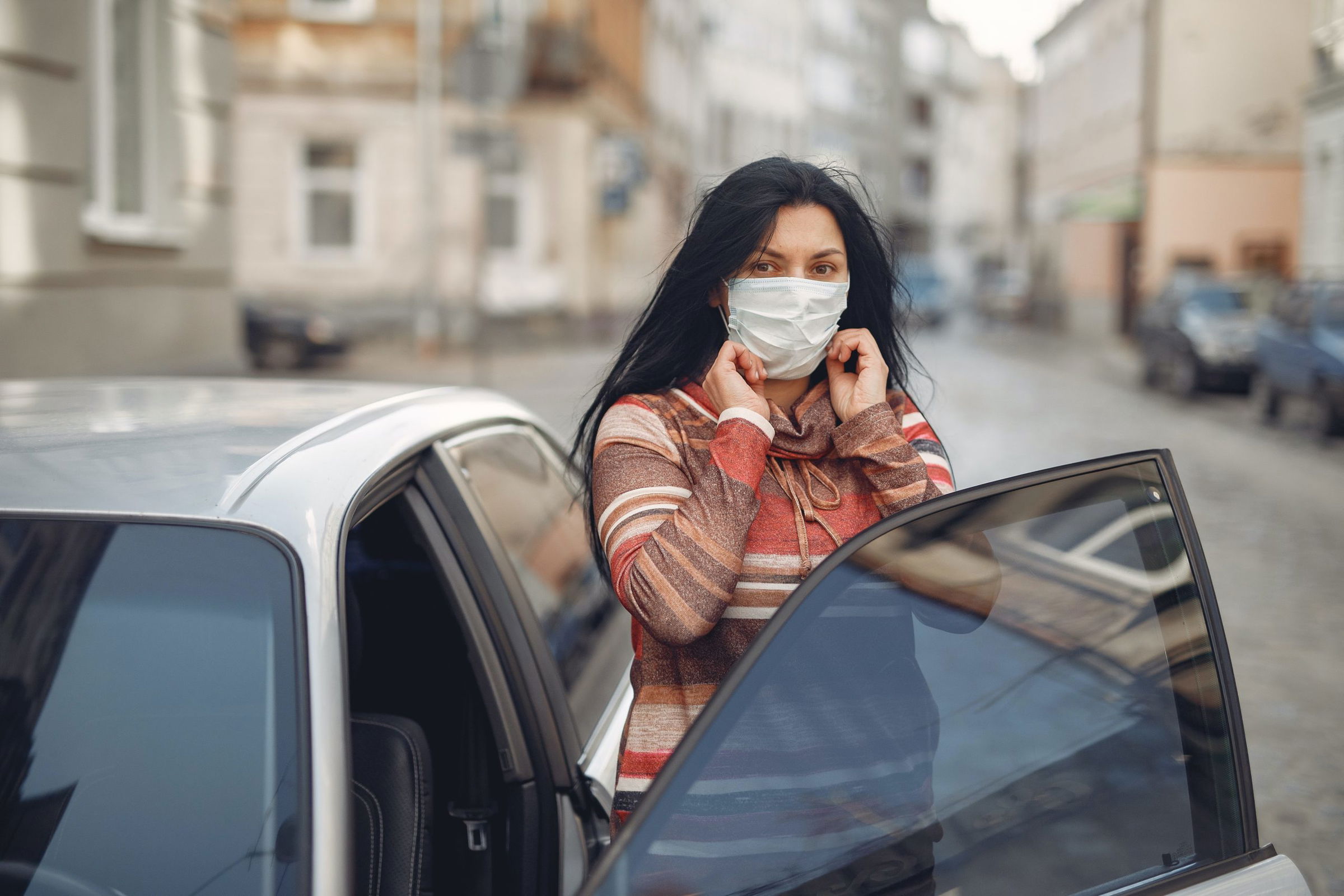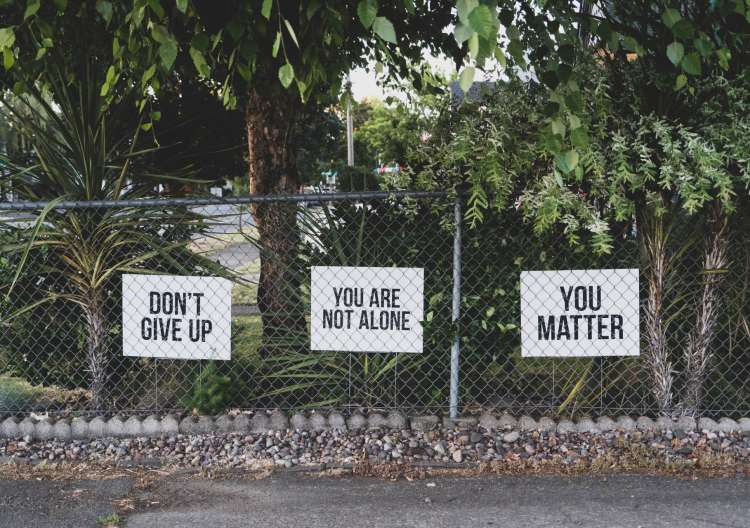As some countries are beginning to ease lockdown restrictions, the coronavirus pandemic may be replaced by mental health problems including anxiety about returning to a post-lockdown life.
Although the lockdown has been difficult for many people, especially those on the front line and those battling mental health issues, it is thought that these difficulties may continue once restrictions are lifted, albeit for different reasons.
Life In Lockdown
Lockdown has tested us in many ways, increasing feelings of loneliness, grief and stress in our lives. However, for many people suffering from anxiety, lockdown provided a lifestyle that one might consider to be less triggering than their usual routine lives. For example, many people with anxiety disorders can experience a great deal of pressure and fear in what others might consider simple tasks such as leaving the house or going to work.

Following instructions to remain at home with our families, with going into work no longer a requirement for many and social activities cancelled, those suffering from anxiety might have begun to feel safe and relaxed. For people who experienced this benefit, the thought of exiting lockdown and resuming their busy, often stressful lives, might not be something they’re looking forward to. This might even be worse than life pre-lockdown as leaving the house and going to work is no longer the norm. It’s something you’ve become unfamiliar with and desensitised to.
This might not be limited to those with poor mental health. If you think back to a time when you booked holiday time off work, quite often, returning to work feels like a big deal. You might feel as if you need to mentally and emotionally prepare yourself to go back and may even experience feelings of dread and nervousness. It is thought that this can occur due to the fact that we can lose confidence in our abilities to do the things we haven’t attempted in a while.
I know many people who experience stress and anxiety in response to one-on-one meetings or presentations. Some people may even be triggered by their commute to work. If this was the case before the lockdown, having to return to these activities after a prolonged period of time might be extremely challenging.
But What If You’ve Enjoyed Lockdown?
As a result of staying indoors and losing contact with loved ones, many people have faced difficult and distressing times including key workers, business owners and victims of domestic abuse. It has been an incredibly strange time for us all and we have all gone through it together, knowing things will likely never be the same again.

However I’ve heard people say things like ‘oh I’m loving lockdown’ ‘I love being off work’ ‘I love spending time with the kids’, and while this might be the case, it is also possible that in order to cope with the challenges that have faced us recently, people have and are trying to cope with lockdown by embracing or learning to love it. People may have created a safe and secure place for themselves to help them deal with events outside of their control.
This may also create problems of its own once lockdown ends as people have developed a fondness for staying at home and might experience anxiety or stress at the thought of going outside again.
A Post-Lockdown World Requires Top Leaders
Leaders may become even more important as lockdown is relaxed. We will look to our senior team for clarity and confidence as we reintegrate with the rest of the world. The guidelines will need to be unambiguous and communicated effectively in order to reduce uncertainty and anxiety.
In the workplace, things may need monitoring and new procedures may need to be introduced in order to prioritise the wellbeing of staff. This may include introducing Mental Health First Aiders into your team. This team will be really important in helping you to support employees as they come back into the workplace. And if you already have a team, it is vital that they receive supervision and ongoing training.
Adapting to a ‘New Normal’
Things ought to be black and white. We should know when we can safely eat at restaurants or when we can visit a friend’s home. Although those people suffering with mental health problems might be more at risk, all of us are likely to experience some level of anxiety or difficulty in adapting to a post-lockdown world where we can once again leave our homes, go to work and meet friends and family members without fear of becoming infected.
There are challenges for us all and there may be times when you might quite like to have someone to talk to, in confidence who will listen to you non-judgementally, either over the phone, Skype or Zoom – all from the comfort of your home.
There is life after lockdown. But there are also things to think about and put into perspective.
Lockdown has given us time to pause and think. Let us hold onto the learning that has come from it.




